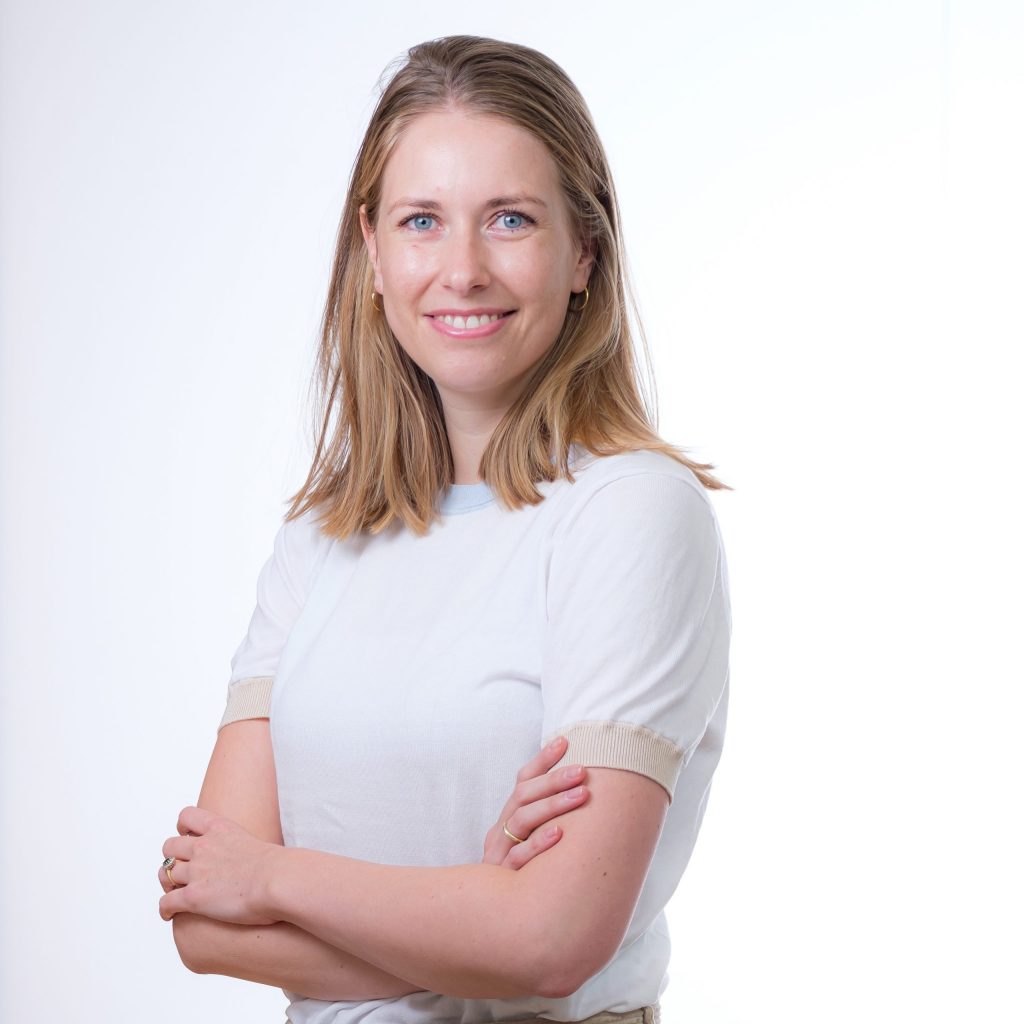–> This is a pre-event interview in the run-up to the Leaders in Finance AML NL Event on 5 October 2023.

Jeroen: What are in your view the most important changes you have seen the last few years related to AML?
In the last few years we have seen multiple changes. First of all, we have seen development of public-private partnerships, both on national and international level. Besides that, we have seen a shift in view and importance on criminal prosecution in the Wwft (Anti-Money Laundering and Anti-Terrorist Financing Act) domain. This can be seen, for example, in increased resilience of institutions and enlargement of the obligation to report unusual transactions. Lastly, there has been a more data-driven approach in the last few years for partners as TMNL (Transaction monitoring Netherlands) and investigation authorities such as the FIOD and the police.
Jeroen: What development do you see unfold / happening in the near future, let’s say the next few years?
In the next few years, we see a shift in view and importance on focus from “overall” money laundering, towards a difference between high end money laundering, for example from fraud, and criminal flows of money, think of cash and drugs based money flows. Furthermore, we see a change happening from cooperation with banks, to cooperation with other financial market players. Besides this, when we look at the national authorities and institutions, we see an increasing risk-oriented approach, and a more phenomen-oriented approach by investigation and legal services. Also, a change that we see happening in the next few years, is European policies and legislation affecting the national agenda. Think of EAMLC, ESG and possible abolition of unusual transactions.
Jeroen: Are there particular things that are currently not happening, that you would like to see happen?
Something we would like to see happening more is international cooperation of data-exchange. For instance, most criminal assets from Dutch people are hidden abroad, while the Netherlands are being used for criminal assets from foreigners. If more data is exchanged internationally, these cases can be addressed more effectively. In addition, more international operational cooperation on intelligence would increase the effectiveness of finding these criminals. To conclude, we would see more early financial involvement on criminal investigations, regarding the suspect and its environment.
Jeroen: Do you have tips for the different stakeholders in the AML ecosystem (e.g. lawmakers, privacy watchdog, FIU, Banks, regulator, police, department of justice, public prosecutor)?
Our first tip would be for the entities with an obligation to report to take a risk-based approach: ‘rather 10.000 good reports than one million under the current sweep system’. Also, we would recommend setting quality standards for reports (OT/VT).
–> This is a pre-event interview in the run-up to the Leaders in Finance AML NL Event on 5 October 2023.

